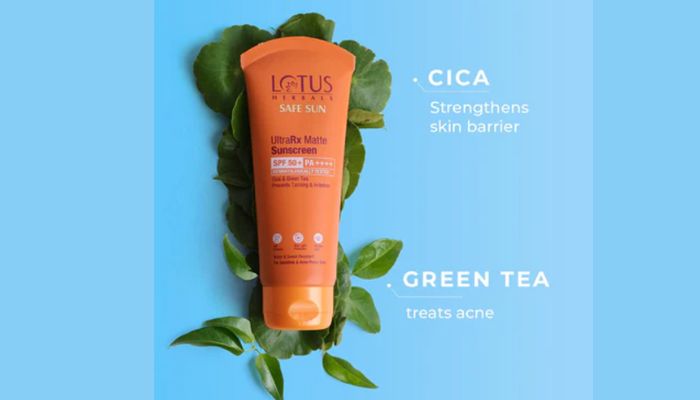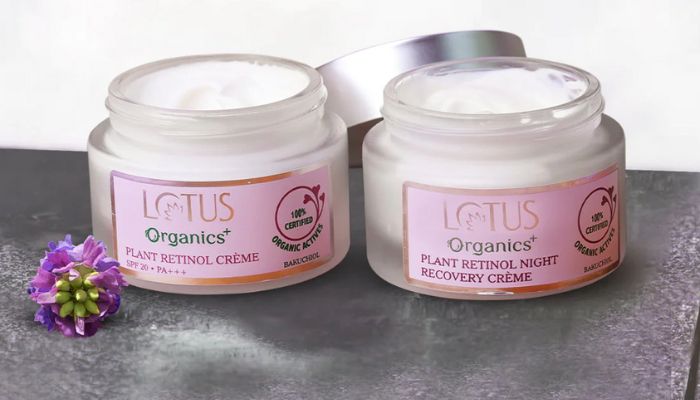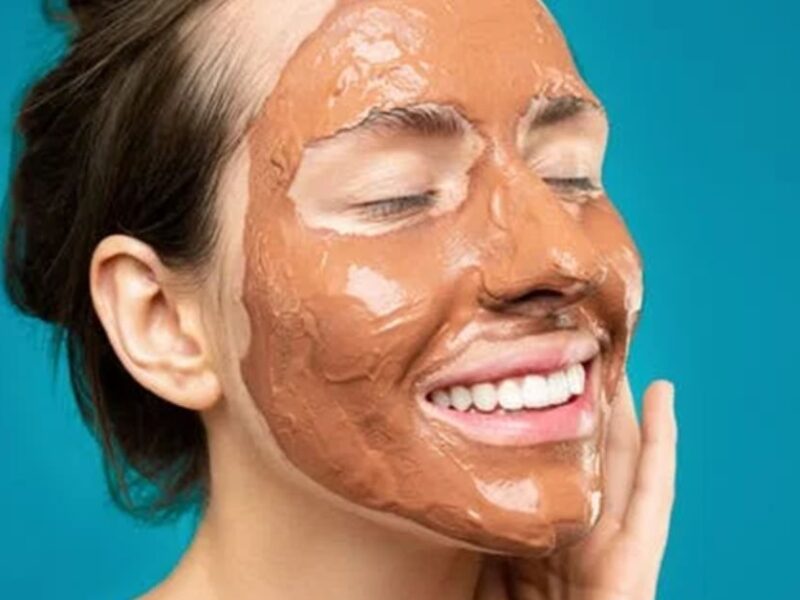Finding a non-greasy sunscreen that leaves no white cast is a challenge. What adds more to this is oily skin. Oily skin is the one that is already greasy because of excess sebum production. The extra oil attracts pollutants and dirt and clogs the pores. Result? Acenes and infections! If you are shouting, this is so me, then here we are with the guidelines for you to find the best sunscreen for acne-prone skin.
Various sunscreens are available in the market, from mineral sunscreen to chemical sunscreen. There are also gel-based, cream-based, and serum sunscreen with natural or chemical ingredients. Uff! Seems like a lot to pick from already! Let’s start with what to look for while buying sunscreen for oily skin, eliminating the rest:
Go for a lightweight formulation
The skin quickly absorbs a lightweight formulation. It keeps the skin hydrated without making it oily or greasy. Such sunscreens are great for oily skin as they do not clog the pores, reducing the chances of further breakouts.
Aloe vera base
Aloe vera gel-based sunscreen which is lightweight. Aloe vera is a natural ingredient with great hydration and skin-soothing properties. It locks in the moisturizer in the skin without making it oily and maintains pH balance. Aloe vera, when infused with sunscreen, eases the skin from redness, irritation, sunburn, and suntan. Its anti-inflammatory properties fight blemishes and acne. As a natural astringent, he reduced the pore size, maintaining pore hygiene.
See for nano protection technology
Sunscreens usually have high penetration filters to protect the skin from UVA and UVB rays. These go deeper into the skin, resulting in irritation, breakouts, and other damage to the skin. Therefore, go for low penetration filters or nano-technology that are gentle on the skin but never take the guards down when it comes to sun protection. Lotus sunscreen with SPF 50 and above and PA+++ or PA++++ is the best for oily and acne-prone skin.
Non-comedogenic sunscreen
Comedogenic ingredients are the ones that are capable of clogging the pores, resulting in breakouts, blemishes, whiteheads, and blackheads. Coconut oil, lanolin, beeswax, cocoa butter, argon oil, and others are common comedogenic ingredients found in sunscreen. Non-comedogenic sunscreen usually includes Evitamin C, aloe vera, niacinamide, rose water, and glycerine.
Mattifying sunscreen
Mattifying sunscreens are usually the ones with oil control and lightweight formulation. They contain non-comedogenic ingredients that are soft and gentle on the skin. They do not congest the pores and let the skin breathe. The mattifying effect keeps a check on the oil control by regulating sebum.
Preservative-free and paraben-free
Sunscreens with no preservatives and paraben are gentle on the skin. These elements irritate the skin, worsening the condition of acne and blemishes. Therefore, sunscreen for acne-prone skin should have natural ingredients that do not worsen the situation.
Other harmful ingredients
Many other ingredients, like silicone, oxybenzone, alcohol, and para-aminobenzoic acid (PABA), should be avoided in sunscreen. Alcohol dries out the skin, which makes the sebaceous gland produce excess sebum, leading to oily skin. Oxybenzone, though it absorbs UVA and UVB, is a skin irritant, causing allergies to the skin. It also irritates the sensitive area around the eyes, making eyes red and watery. PABA triggers sensitivity and has the potential to cause damage to the DNA system. Read the labels carefully and refrain from buying such sunscreen. Always go for sunscreen with natural ingredients and no chemical aggressors.
Green tea extracts
Green tea extracts are abundant in antioxidants. This helps in fighting skin infections and reducing acne. Vitamin E and B2 work to maintain skin health. It also has astringent properties that tighten and cleanse the pores, reducing the chances of further acne and skin infections. Catechins in green tea fight the UV rays, protecting the skin from sun damage.
Centella Asiatica (Cica)
For sunscreen for acne-prone skin and sensitive ones, cica is the most trending ingredient. It is becoming popular because of all the good things it has to bring. An herb, cica is rich in anti-inflammatory and anti-bacterial properties. Sunscreen with cica regulates sebum production, minimizing the chances of breakouts, acne, and blemishes. Its skin smoothing properties calm the skin and relieve skin irritation and redness. It also minimizes the appearance of blemishes, hyperpigmentation, and spots.
Considering the above factors, we hope your search for the best sunscreen for acne-prone skin will finally end. A sunscreen that addresses the particular issues of the skin not only protects the skin from sun rays and other possible damages. Explore the sunscreens by Lotus Herbals curated according to skin types to protect your skin from sun damage and address specific skin issues.



